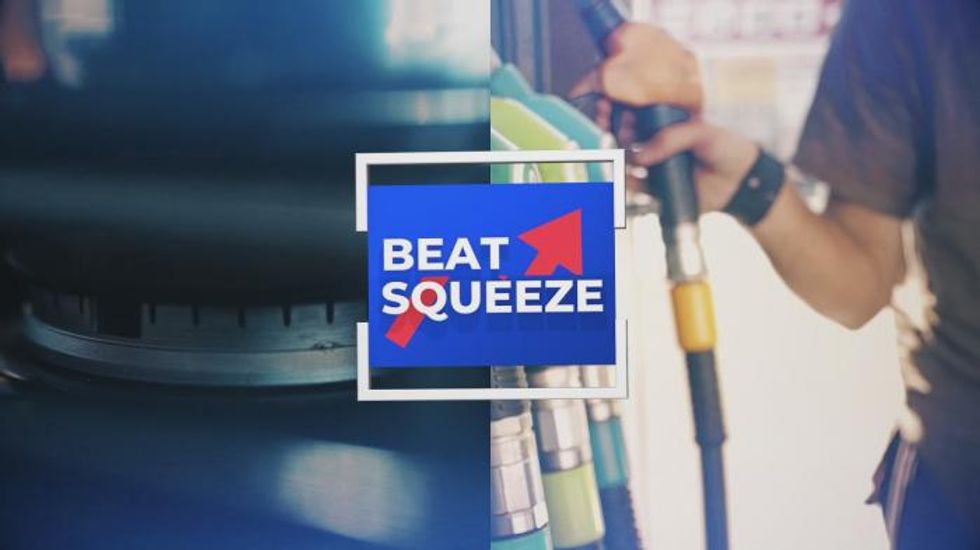Don't Miss
Most Read
Trending on GB News
As UK inflation hits a near 30-year high after rising further in January, GB News’ Economics Editor Liam Halligan has delivered a stark warning to viewers this morning.
He said the UK inflation hike is likely to trigger a surge in the cost of everyday household goods because of an increase in the prices for manufacturers inputs.
Speaking on Breakfast with Eamonn and Isabel, Liam said the figure to watch out for in today’s release from the Office for National Statistics was 13.1%.
“That's the increase in the prices for manufacturers inputs, when manufacturers are paying a lot more for what they need to make and produce, the very things that they then sell on to us," Liam said.
While inflation was stated to be 5.5%, Liam highlighted that many real-world costs were rising at a significantly higher rate for hard-pressed consumers.
The average price of a litre of petrol in January 2022 is about £1.45, in January 2021 it was £1.16,” Liam said, “given those Russia-Ukraine tensions that you've been following, we could yet see more fuel price rises,” he added.
He added that alongside the increase in the rate of inflation, consumers were also likely to be hit by a further double whammy when the Government reverses the Covid emergency VAT cut, “so VAT is going to go back up across the board”, along with the planned National Insurance rise in April.
The Bank of England hiked interest rates earlier this month to 0.5% in the first back-to-back increase since 2004, signalling more are on the way as it looks to rein in rampant inflation.
It is forecasting that inflation will soar further due to painful energy price rises before peaking at 7.25% in April – the highest level since August 1991.










